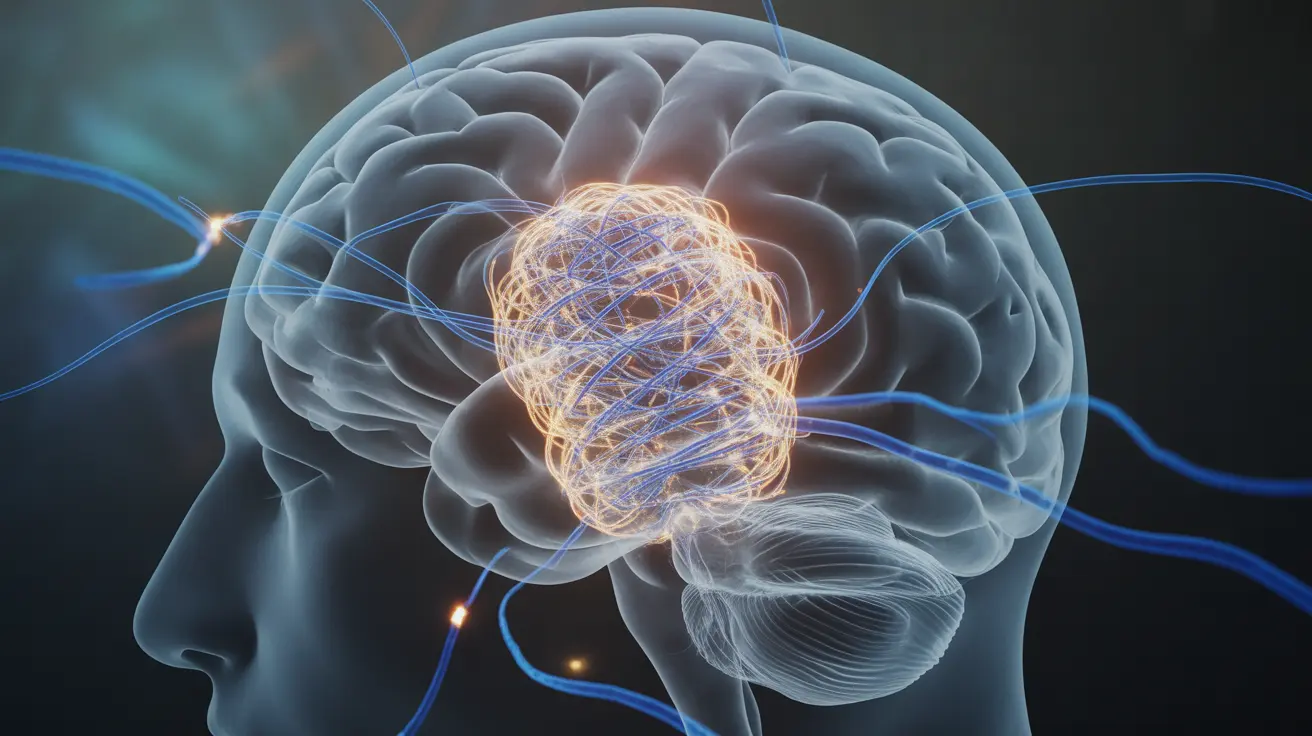The relationship between MTHFR gene mutations and Attention Deficit Hyperactivity Disorder (ADHD) has become an important area of research in neurodevelopmental conditions. As scientists delve deeper into genetic factors affecting brain function, the MTHFR gene's role in neurotransmitter production and regulation has emerged as a significant area of study.
This comprehensive guide explores the connection between MTHFR gene variants and ADHD symptoms, discussing potential implications for diagnosis and treatment approaches. Understanding this relationship can help individuals and healthcare providers make more informed decisions about testing and management strategies.
What Is the MTHFR Gene?
The MTHFR gene provides instructions for making an enzyme crucial in processing folate and converting homocysteine to methionine. This process, known as methylation, is essential for numerous bodily functions, including:
- DNA synthesis and repair
- Neurotransmitter production
- Mood regulation
- Cognitive function
- Energy metabolism
When mutations occur in this gene, they can affect these vital processes, potentially contributing to various health conditions, including neurological and behavioral disorders.
The MTHFR-ADHD Connection
Research suggests that MTHFR gene mutations may influence ADHD development through several mechanisms. The altered methylation process can affect:
- Dopamine and serotonin production
- Neural development
- Cognitive function
- Executive functioning
- Attention and focus
These impacts on brain chemistry and function may explain why some individuals with MTHFR mutations experience ADHD symptoms or have more severe manifestations of the condition.
Testing and Diagnosis
Genetic testing for MTHFR mutations can provide valuable insights for individuals with ADHD. However, it's important to note that having an MTHFR mutation doesn't necessarily mean someone will develop ADHD, and not all people with ADHD have MTHFR mutations.
When to Consider Testing
Healthcare providers might recommend MTHFR genetic testing when:
- There's a family history of ADHD
- Traditional ADHD treatments show limited effectiveness
- Other methylation-related symptoms are present
- There's a desire to create more targeted treatment strategies
Treatment Approaches
Managing ADHD in individuals with MTHFR mutations often requires a comprehensive approach that may include:
Supplementation Strategies
Targeted nutritional support might include:
- Methylfolate supplements
- B-vitamin complex
- Omega-3 fatty acids
- Other methylation support nutrients
Lifestyle Modifications
Supporting overall health through:
- Anti-inflammatory diet choices
- Regular physical activity
- Stress management techniques
- Adequate sleep hygiene
Frequently Asked Questions
What is the link between MTHFR gene mutations and ADHD symptoms?
MTHFR gene mutations can affect methylation processes in the body, potentially impacting neurotransmitter production and function. This can influence attention, focus, and other cognitive functions associated with ADHD symptoms. The connection is complex and varies among individuals.
How can folate or methylfolate supplementation help manage ADHD in people with MTHFR mutations?
Methylfolate supplementation can support proper methylation processes, potentially helping to optimize neurotransmitter production and function. This may help improve ADHD symptoms in some individuals with MTHFR mutations by supporting better cognitive function and focus.
Should I get tested for MTHFR gene mutations if I or my child has ADHD?
Testing may be worth considering, especially if traditional ADHD treatments haven't been fully effective or if there's a family history of methylation-related issues. Discuss with a healthcare provider to determine if testing would be beneficial in your specific situation.
Are certain types of ADHD more associated with MTHFR gene mutations?
While research is ongoing, there isn't definitive evidence linking specific ADHD types more strongly to MTHFR mutations. The impact of these mutations can vary significantly among individuals, affecting symptoms differently.
What dietary or lifestyle changes can support someone with ADHD and an MTHFR mutation?
Beneficial changes may include adopting a nutrient-rich diet high in natural folate, maintaining regular exercise, ensuring adequate sleep, managing stress, and possibly incorporating appropriate supplements under medical supervision. A personalized approach is essential for optimal results.




